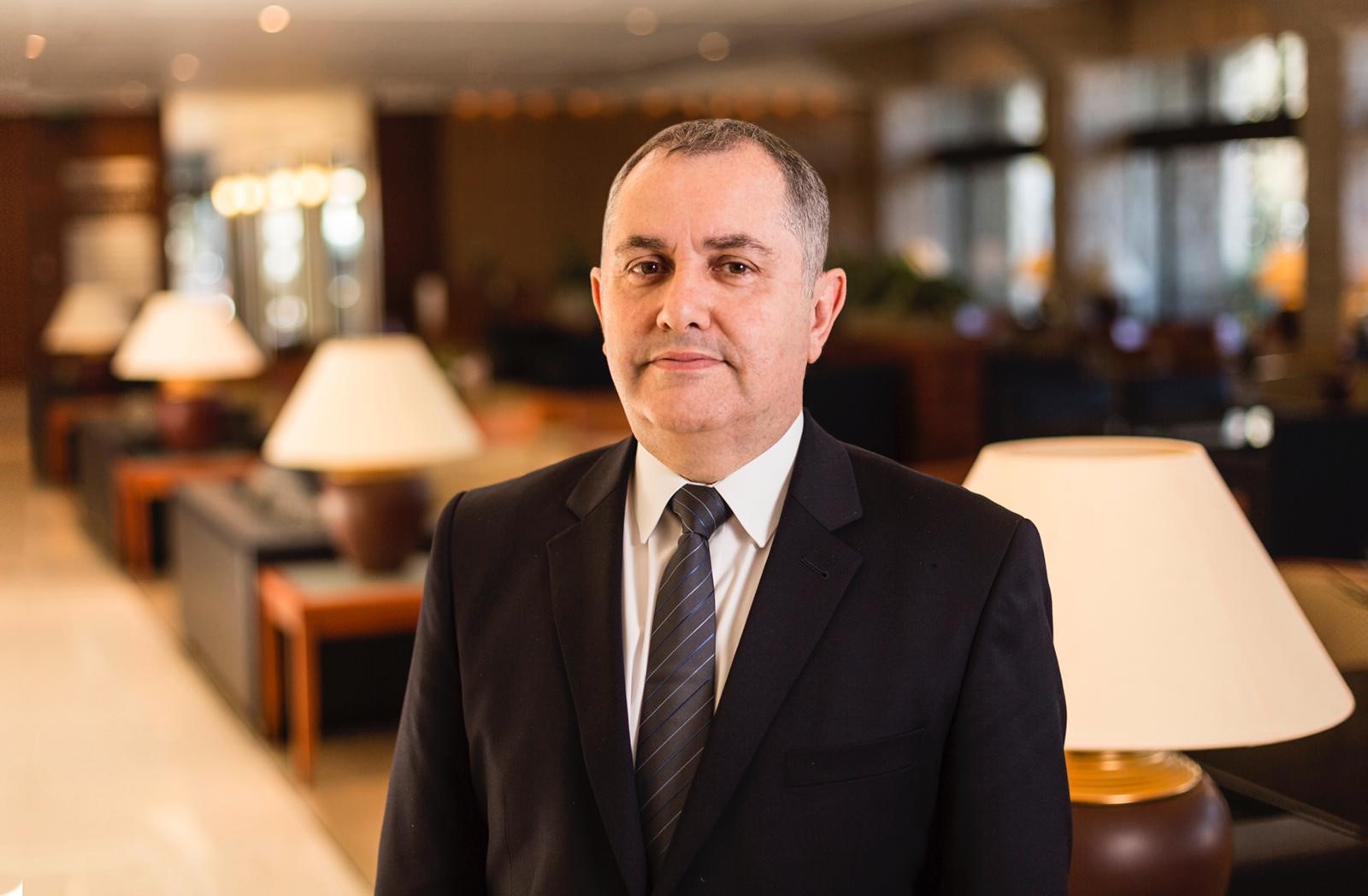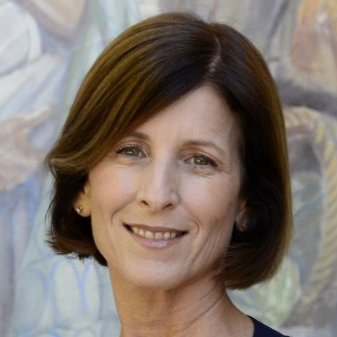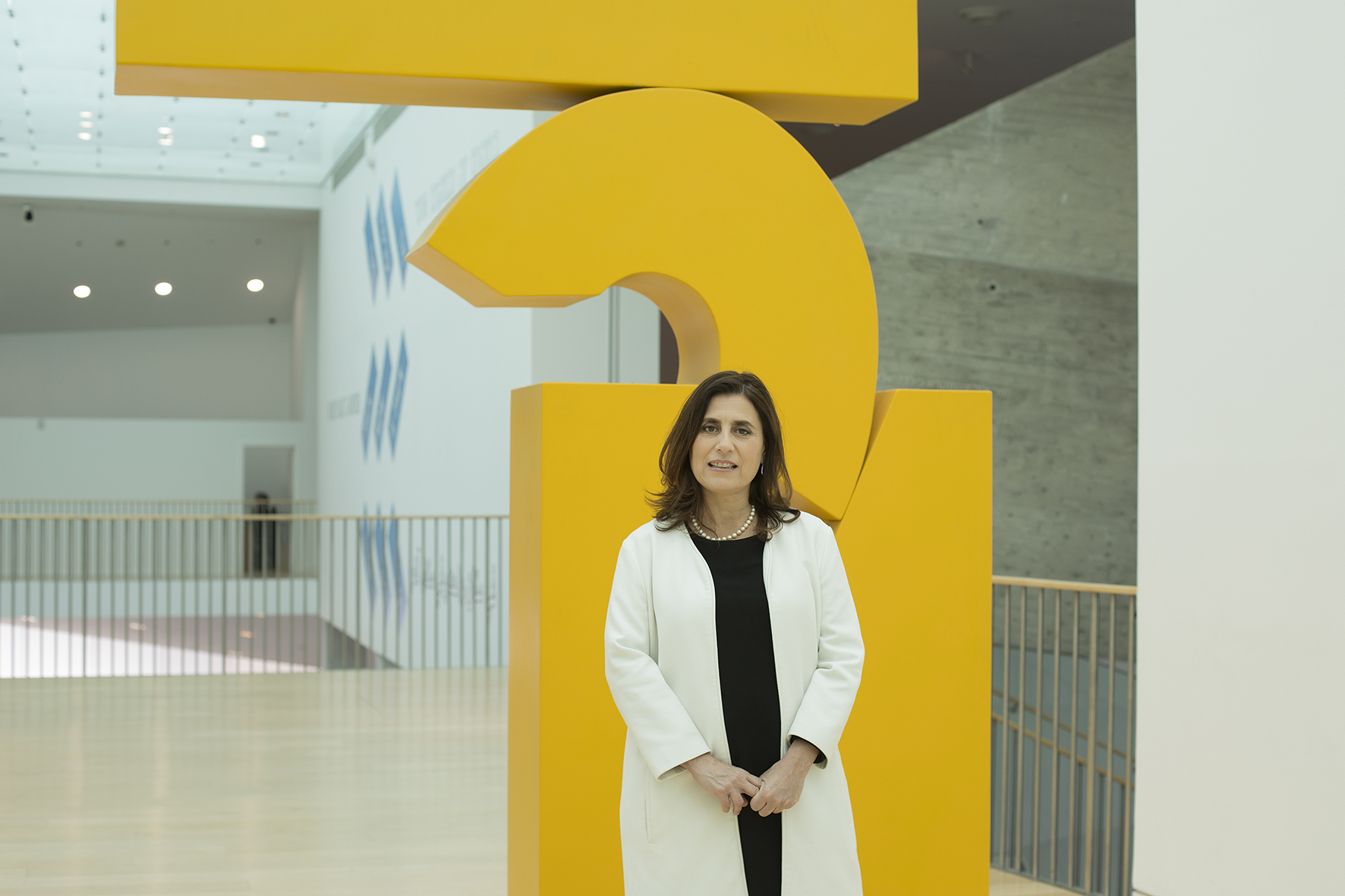Foreign visitors a no-show during Sukkot holiday, with no end in sight
This week marks the seven-day Jewish holiday of Sukkot, or Feast of Tabernacles. In a normal year, Israel would teem with Christian and Jewish tourists from abroad as well as locals making pilgrimages to holy sites, visiting archaeological digs, strolling in museums and enjoying national parks. Tourist buses would clog the roads and parking lots, restaurants would be brimming, and beaches and rivers would be full of sun-, sand- and water-seekers.
This year, the coronavirus’ effects are clear. Streets, restaurants, attractions and hotels are empty. International travel is almost nonexistent and Israel is in the midst of a lengthy national lockdown of indeterminate length. The tourism industry in 2020 is not for the faint-hearted. The market for incoming visitors has dried up into drought-like conditions.
The Inbal Hotel, located in southwestern Jerusalem, normally brings in approximately 10% of its annual revenue during the holiday.
“This week is a very substantial time for us and the most important holiday for Jerusalem’s five-star hotels,” said Rony Timsit, the Inbal’s general manager. “Not only that; we achieve most of our revenues in the second half of the year. Plainly, this year, it will not occur.
“Presently, the hotel is closed and any staff whom we have not put on unpaid leave, are working from home,” he added.
Israel has been “dramatically affected” by the novel coronavirus, one industry professional stated.
Before the coronavirus, the tourism sector employed close to 200,000 people and represented approximately 2.6% of GDP. In 2019, tourism revenue reached a record high of 23 billion shekels (about $6.75 billion).
The industry was predicting another rosy year in 2020. More than 4.5 million foreign tourists arrived in 2019, 11% more than in 2018 and 1.6 million more than in 2016. Projections were for over 5 million incoming tourists in 2020, until the mid-March decision to close Israel’s skies to foreigners.
Incoming tourism in August 2020 was down nearly 94% from the same month last year and January-August 2020’s numbers were off by 74% compared to the same period in 2019.
Give the gift of hope
We practice what we preach:
accurate, fearless journalism. But we can't do it alone.
- On the ground in Gaza, Syria, Israel, Egypt, Pakistan, and more
- Our program trained more than 100 journalists
- Calling out fake news and reporting real facts
- On the ground in Gaza, Syria, Israel, Egypt, Pakistan, and more
- Our program trained more than 100 journalists
- Calling out fake news and reporting real facts
Join us.
Support The Media Line. Save democracy.
Our on-site, in-Israel tour operations have ceased and the entire incoming tourism sector is destroyed
For the six months since March, employment and revenue in Israel’s various tourism sectors were very low, ranging from 0% to 60% of 2019’s figures.
“Our on-site, in-Israel tour operations have ceased and the entire incoming tourism sector is destroyed,” reported Elisa Moed, CEO of Travelujah, a tour operator creating specialized programming for incoming Christian and Jewish tour groups.
“Our business is 50% Christian and Catholic tourists and 50% Jewish groups,” Moed told The Media Line. “Presently, the situation has made it that we are unable to operate tours until such a time that international travel is allowed back to Israel.”
Cultural attractions also bear the brunt of the dearth in foreign visitors.
“During the first lockdown [March-April 2020], we put 80% of our 200 staff members on unpaid leave,” Tel Aviv Museum of Art Director Tania Coen-Uzzielli told The Media Line. “For the second national lockdown, we brought back everyone but 20% of those who were earlier furloughed,” she said.
According to Coen-Uzzielli, 20 to 30% of the museum’s visitors are tourists from abroad. “We are extending our exhibits so that when the museum is allowed to open again, people will be able to come and enjoy the art. It is vital that the museum stays in people’s and tourists’ awareness. We are creating culture, and though we now have moved much of our exhibits into the digital realm, art is a fundamental element of the country’s cultural health.”
Sukkot is normally an integral element of the Tel Aviv Museum of Art’s annual programming; however, this is primarily for Israeli children and youth. The museum has a partnership with Tel Aviv’s well-known Orna Porat Children’s Theater. Every day of the weeklong holiday, the theater hosts four or five different plays for children. “The museum is filled, filled with children,” Coen-Uzzielli remarked. “We are overflowing with children and their parents absorbing art and theater. We really miss them this year.”
We used to pride ourselves on planning everything, months and years in advance. The coronavirus has made us realize that planning too much ahead is not good. Now, we have to be ready to move fast and respond to every changing situation
One thing everyone in the tourism sector agrees on: To be a part of the industry, one must always have a positive outlook on life and find a way to pivot and change.
“Keeping positive may be the only way to mentally survive the coronavirus’ unpleasant effects on the industry,” the Inbal’s Timsit told The Media Line.
“You have to have a positive outlook on everything. It is especially difficult in our industry when we do not know what the future will bring. We used to pride ourselves on planning everything, months and years in advance. The coronavirus has made us realize that planning too much ahead is not good,” Timsit added.
“Now, we have to be ready to move fast and respond to every changing situation,” he said.
“We will live like this; we have no choice. It is like after the terror attacks on the United States on September 11, 2001. It took the world a long time before we met our ‘new normal.’ But we did and now all of us are ready and willing to stand in long security lines at airports and other public venues. We adapt to the new normal,” Timsit said.
Moed has also changed her business. “We moved everything to digital. We are creating communities, building relationships. Engagement is key,” she remarked. “We have weekly digital events surrounding Israeli tourist sites. Often the same 20-40 people join us weekly to create an online community. Once incoming tourism is allowed, we believe these communities will join us in Israel.”
Though located in the center of Tel Aviv, the Museum of Art reaches audiences overseas with digital programming that is also in English and sometimes in French. Coen-Uzzielli believes “we are still creating culture. People are reaching it digitally, more like a dessert than a main meal,” she laughed poetically.




